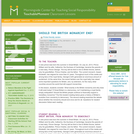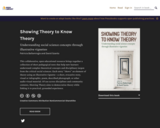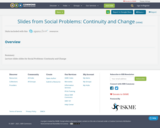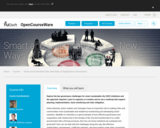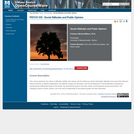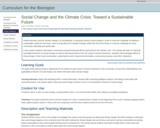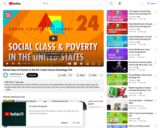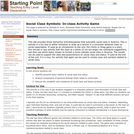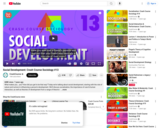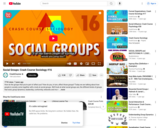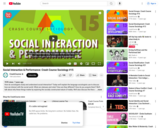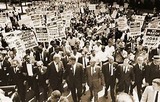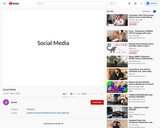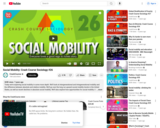Understanding social science concepts through illustrative vignettes
Short Description:
This collaborative, open educational resource brings together a collection of short pedagogical texts that help new learners understand complex theoretical concepts and disciplinary jargon from the critical social sciences. Each entry "shows" an element of theory using an illustrative vignette—a short, evocative story, visual or infographic, poem, described photograph, or other audio-visual material. Of use across disciplines and community contexts, Showing Theory aims to democratize theory while linking it to practical, grounded experience.
Long Description:
In The Elements of Style, Strunk and White famously implore us to show rather than tell what we want to express. In contrast, theoretical work seems perpetually prone to the latter. Nonetheless, abstraction and disciplinary jargon remain useful, synthesizing complex ideas into shorthand terminology. Showing Theory to Know Theory helps demystify theoretical concepts, making abstract-yet-valuable ideas more accessible by “showing” (rather than “telling”) how they are meaningful and usable in day-to-day situations.
A collaborative, open educational resource, Showing Theory brings together a collection of short pedagogical texts that help new learners understand complex theoretical concepts and disciplinary jargon from the critical social sciences. Each entry “shows” an element of theory using an “illustrative vignette”—a short, evocative story, visual or infographic, poem, described photograph, or other audio-visual material. Of use across disciplines and community contexts, the book aims to democratize theory while linking it to practical, grounded experience.
Ranging across terms from neoliberalism to genealogy, racial passing to social nature, these vignettes make theoretical concepts accessible without becoming diluted or “dumbed-down.” Learners and teachers are invited to curate their own collection of terms to create a package that is specific to their area of study or exploration. A customized Zotero library features all entries as well as supplemental readings and resources. Each is tagged with relevant keywords, offering a filtering option for readers with specific foci.
This edition of Showing Theory to Know Theory also serves as an invitation. We welcome proposals for additional contributions, as well as ideas for expanding the volume in new ways, including supplementary or specialized editions. For more information on ways to engage, please contact Patricia Ballamingie or David Szanto.
Word Count: 99155
ISBN: 9781778060212
(Note: This resource's metadata has been created automatically by reformatting and/or combining the information that the author initially provided as part of a bulk import process.)
